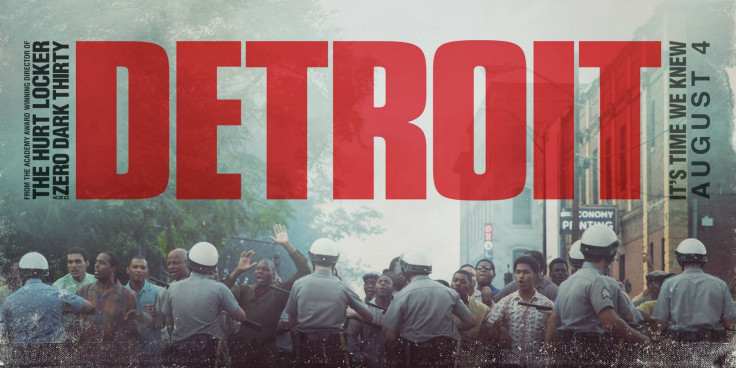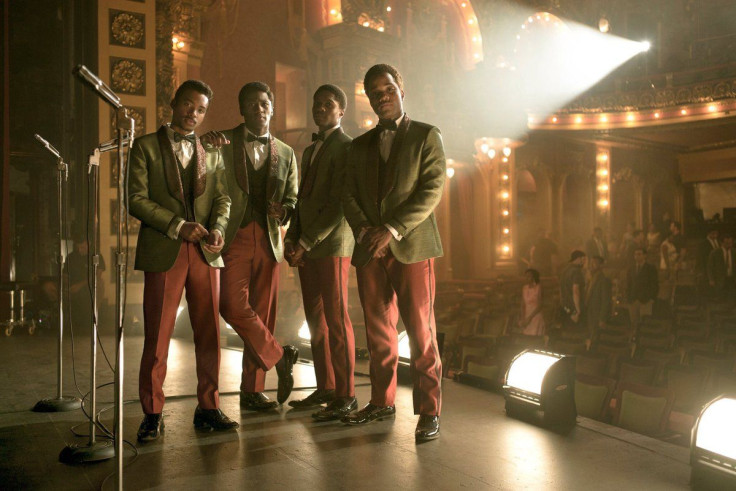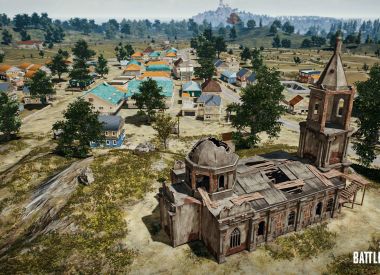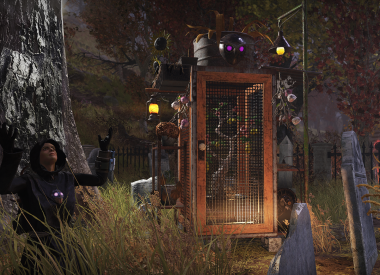Detroit tells the true story of the 12th Street Riot, with a focus on the events leading up to and after the massacre at the Algiers Motel. It serves as documentation of a brutal series of events that have been swept under the rug since 1967 -- 43 dead, over 1,000 wounded, 2,500 businesses burned or looted, police officers unpunished -- just one of many such incidents in African-American history.
Helmed by respected director Kathryn Bigelow and written by Mark Boal, both of 2008’s Oscar-winning Hurt Locker, the film is gaining traction because of the talent involved and affecting narrative. But this is not your average documentary or historical adaptation. The incident and its aftermath are horrendous, but the trailers evoke an elevated feeling of cinematic horror. While the subject matter is poignant, timely and undoubtedly visceral considering Bigelow’s track record, it’s hard to watch, let alone take part in creatively.
“She’s shot this in its period, the 60s, which is most of the time in film is very stylized, but she shoots this so real and gritty it’s almost like a war film or something,” actor Joseph David-Jones told Player One. He plays Morris, a singer with the group The Dramatics who performed at the historic Fox Theater during the riots. “[It’s] a horror movie watching this trailer. They don't pull any punches. It’s very very gritty, raw and real and in your face and it puts you right amidst the chaos that was going on in Detroit at that time.”
David-Jones, who recently appeared in the latest season of Nashville, says it was the bond between his castmates, particularly his fellow band members, that helped him wash off all the heavy material and keep his spirits high.
“Every day people would be getting like, you know, we’d be at the hotel and all the terrible things that were going to happen there. Being able to come back and be around your friends and brothers who were going through the same things as you, it really helps you not be weighed down by it,” he said.
Before his casting, Davis-Jones did know about the Detroit riots, but wasn’t aware of the Algiers Motel murders. As a young actor working with people like John Boyega, Anthony Mackie and Kathryn Bigelow, he still says the biggest thing he learned from the experience on set were the details of the 1967 riots and how history seemed to carry these deaths away without consequence.

“I had no concept for it,” Davis-Jones said. “Whenever you are doing something like this where it’s a true story, you're playing people who really existed and something as heavy as this, there is always an added pressure and added responsibility to do justice to the person you are playing and to the story itself. So it was just a lot more responsibility on me to really be present in the moment and connect with the emotions of it all.”
The cinematic devices Detroit uses to tell these stories may be controversial, but Jones says the one thing he hopes people gain from the film is a level of understanding.
“The main thing that we are trying to get people to take away from this is empathy and understanding of where this all began and what we as black people have to go through and what it’s like to be a black person in America today and back then. Because I think they’ve changed but they haven’t changed that much. It’s about empathy, understanding, and forming a commonality and community,” Jones said. “It's not just a black movie or a black issue, it's an American issue. I feel like everybody is going to get something from it, even if it's just a better understanding of the people around you.”
History is set in stone, but the future isn’t. Jones is optimistic moving forward that films featuring African-American actors won’t always focus on black trauma.
“We are starting to see more of a shift toward us as leading men and women that are powerful, that aren’t about a history of us being abused and being victimized. I get it, sometimes it's hard to see those types of things, even though it’s important to learn and know your history, but I think it is changing,” he said.
For more on Detroit, read Newsweek’s review.



















